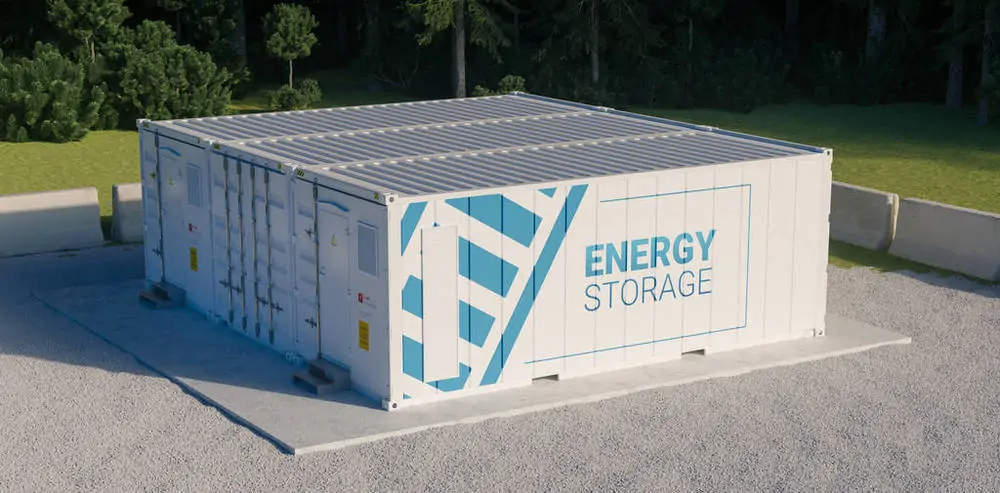 |
Welcome To Evlithium Best Store For Lithium Iron Phosphate (LiFePO4) Battery |
 |
The world is facing an urgent need to decarbonize the power sector and reduce greenhouse gas emissions. Renewable energy sources such as wind and solar are key to achieving this goal, but they also pose challenges for the electricity grid due to their variable and intermittent nature. How can we ensure a reliable, resilient, and affordable supply of electricity while increasing the share of renewables in the energy mix?
One promising solution is battery energy storage systems (BESS), which are devices that can store energy from different sources and discharge it when needed. BESS can help balance the electric grid, provide backup power, improve grid stability, and enable new revenue streams for energy producers and consumers.

BESS are rechargeable batteries that can store energy from different sources and discharge it when needed. They consist of one or more batteries and other components such as inverters, control systems, and sensors. BESS can be used for various applications such as peak shaving, microgrids, frequency regulation, demand response, voltage support, black start, islanding, and more.
There are different types of batteries available for BESS depending on the needs and preferences of the users. Some of the most common types are lithium-ion batteries (Li-ion), lead-acid batteries (PbA), flow batteries (FB), sodium-sulfur batteries (NaS), nickel-cadmium batteries (NiCd), nickel-metal hydride batteries (NiMH), flywheels (FW), supercapacitors (SC), etc.
Each type of battery has its own advantages and disadvantages in terms of cost-effectiveness, efficiency, performance, lifetime, safety, environmental impact, and scalability.
BESS offers many benefits over traditional grid storage solutions such as pumped hydro storage (PHS) or compressed air energy storage (CAES). Some of these benefits are:
- Greater flexibility: BESS can be installed anywhere on the grid or off-grid without geographical constraints or environmental impacts. They can also be easily integrated with renewable energy sources or other distributed generation technologies.
- Greater scalability: BESS can be sized according to the specific needs of each application or user. They can also be modularly expanded or reduced without affecting their performance or efficiency.
- Lower costs: BESS have lower capital costs than PHS or CAES due to their smaller footprint and simpler installation process. They also have lower operational costs due to their higher efficiency and lower maintenance requirements.
- Higher efficiency: BESS have higher round-trip efficiency than PHS or CAES due to their lower energy losses during charging and discharging cycles. They also have faster response times when powering equipment or devices.
- New revenue streams: BESS can enable new business models for energy producers and consumers by allowing them to participate in various ancillary services markets such as frequency regulation, demand response, or capacity markets. They can also reduce their electricity bills by peak shaving or arbitrage.
Edit by editor
Last Update:2023-03-20 09:15:03
All Rights reserved © 2026 Evlithium Limited